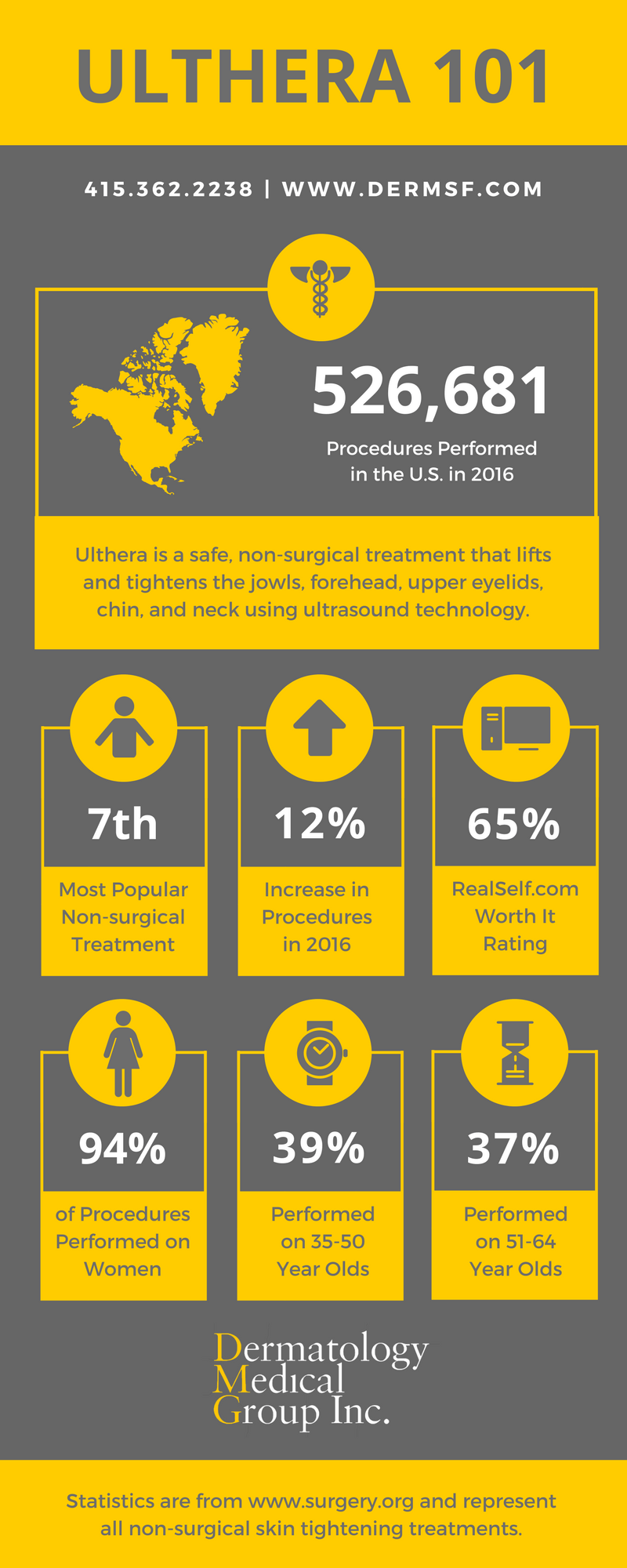Myths And Realities Concerning Acne: Debunking Common Misconceptions
Myths And Realities Concerning Acne: Debunking Common Misconceptions
Blog Article
Web Content Develop By-Upton Bojsen
You may believe that enjoying chocolate or greasy foods is the origin of your acne, but that's simply among lots of myths swirling around this common skin condition. Actually, acne largely originates from clogged hair follicles, not your last dessert. Misconceptions like these can lead you to adopt inefficient skincare practices that might also worsen your situation. As you navigate the realities behind acne, you'll discover understandings that might transform your approach to skincare and aid you attain more clear skin. So, what actually exists beneath the surface?
Common Myths Concerning Acne
When it concerns acne, many people believe in typical misconceptions that can result in confusion and aggravation. One prevalent myth is that consuming chocolate or oily foods triggers acne. While diet regimen can influence skin wellness, the direct web link between certain foods and acne isn't as clear-cut as many think.
An additional typical mistaken belief is that you should scrub your face vigorously to clean up outbreaks. In reality, hostile scrubbing can aggravate your skin and intensify acne.
You may also think that acne just influences young adults, yet adults can experience it also, frequently due to hormonal modifications or stress and anxiety. Some individuals think that sun tanning can clear up acne, but sunlight exposure can actually bring about skin damages and intensify outbreaks in the future.
Lastly, several think that using rough items will remove acne rapidly. However, these products can strip your skin of its natural oils, leading to increased irritation and even more breakouts.
Scientific Information Behind Acne
Comprehending the clinical truths behind acne can empower you to tackle this usual skin problem better.
Acne occurs when hair follicles become blocked with oil, dead skin cells, and germs. This procedure commonly starts with an overproduction of sebum, the oil your skin normally creates. Hormonal adjustments, specifically during puberty or menstrual cycle, can trigger this excess oil.
Germs known as Propionibacterium acnes prosper in these clogged up pores, causing swelling. When your body immune system responds, it can cause soreness and swelling, causing those annoying pimples or cysts.
Genetics also play a role; if your moms and dads had acne, you could be a lot more prone to it.
Diet plan and stress levels can influence acne also, however research study is still progressing in these areas. While enjoying greasy foods will not directly trigger outbreaks, a well balanced diet plan can sustain your skin health and wellness.
Similarly, handling anxiety can lower hormone variations that might get worse acne.
Tips for Taking Care Of Acne
Managing acne effectively requires a combination of daily skin care behaviors and way of living changes. Beginning by establishing a regular skin care regimen. https://www.cbsnews.com/news/plastic-surgery-cosmetic-procedures-covid-19-pandemic/ with a mild, non-comedogenic cleanser to remove dirt and excess oil. Prevent rubbing also hard, as this can irritate your skin and intensify acne.
Next off, include products consisting of salicylic acid or benzoyl peroxide to help prevent breakouts. Always follow up with a lightweight, oil-free moisturizer to maintain your skin hydrated. Do not forget sun block; select non-comedogenic choices to safeguard your skin from UV damage without clogging pores.
Beyond skincare, pay attention to your diet plan. Limitation sweet and oily foods, and focus on fruits, veggies, and whole grains. Remaining hydrated is vital, so drink lots of water throughout the day.
Additionally, handle https://cold-lser-therapy10319.aboutyoublog.com/34946580/personalized-acne-therapy-strategies-customizing-solutions-for-your-skin with tasks like yoga exercise, reflection, or workout, as stress and anxiety can activate outbreaks.
Finally, prevent picking or popping pimples. This can lead to scarring and further inflammation. If your acne continues, speak with a skin doctor for customized therapy alternatives.
how often to do microneedling
To conclude, it's necessary to different fact from fiction when it concerns acne. By exposing typical misconceptions, you can much better understand your skin and make educated options for your skin care routine. So, why remain to count on obsolete concepts when the truth can empower you? Embrace healthier behaviors, concentrate on gentle cleansing, and keep in mind that managing acne is a trip. With the best understanding, you're one action more detailed to more clear, healthier skin.
